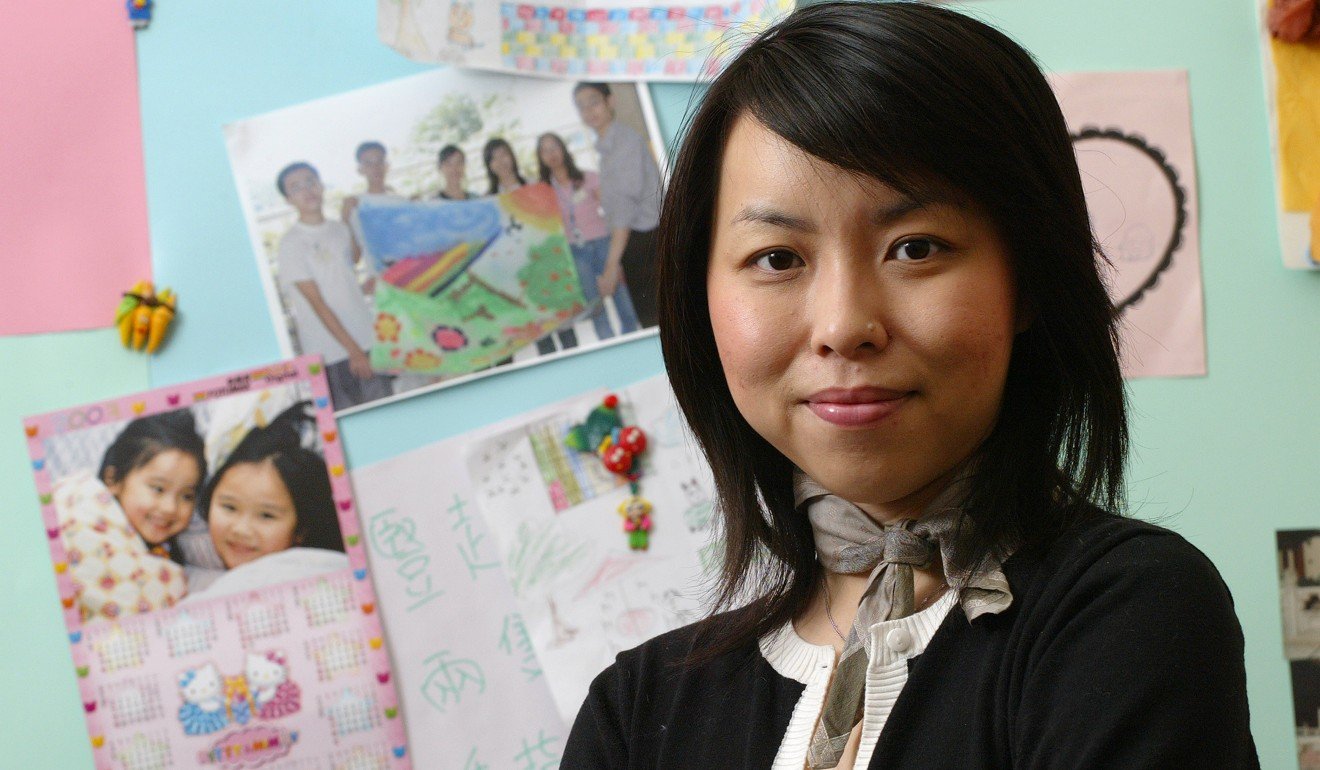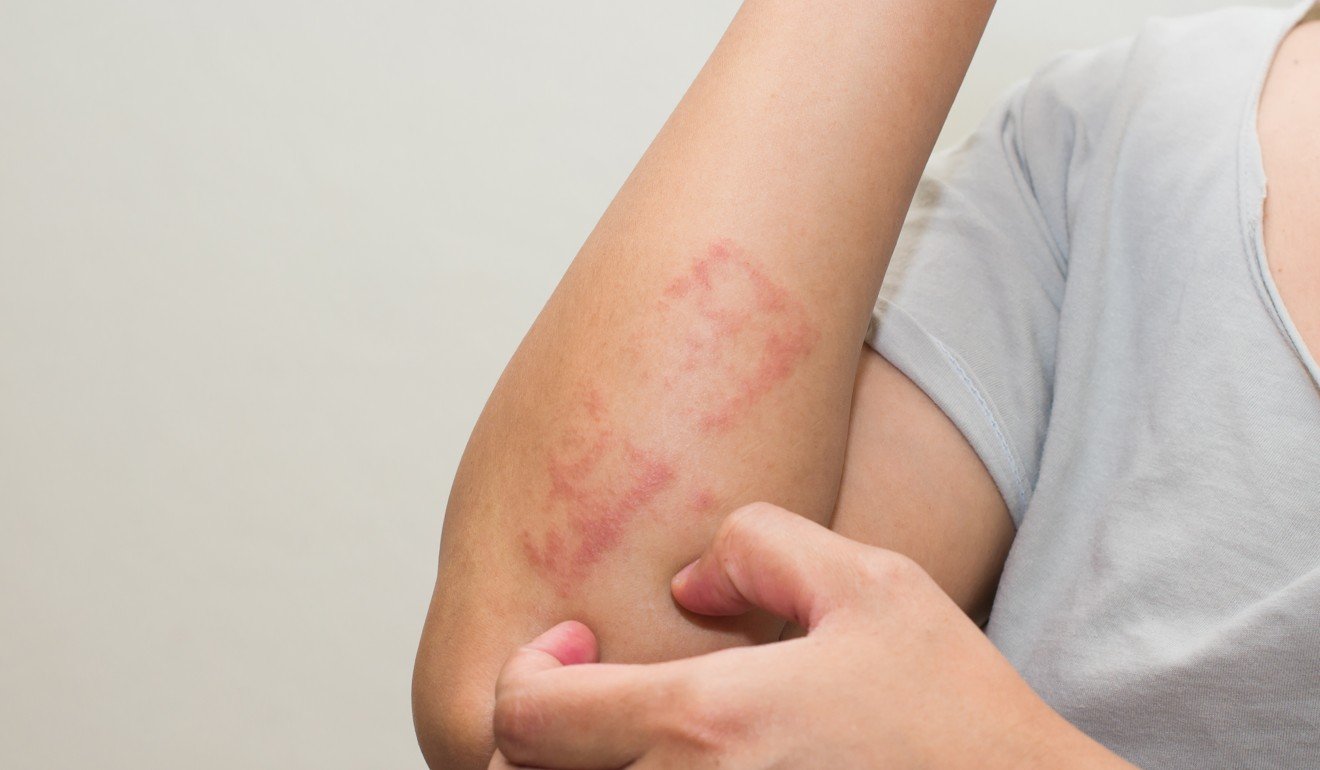
Don’t simplify causes of suicide, expert warns in wake of triple homicide that shocked Hong Kong
Woman, 23, who was found dead with her parents, left note about how she had suffered from painful skin condition
An expert in suicide prevention urged Hongkongers not to simplify the reasons for someone seeking to end their own life, as a recent triple homicide shocked the city and threw the spotlight on eczema, a painful skin condition suffered by one of the victims.
Professor Paul Yip Siu-fai, director of the Centre for Suicide Research and Prevention at the University of Hong Kong, said such cases were “very rare” in Hong Kong.
“For us who work on preventing suicide, the biggest worry is simplifying the causes, because it may normalise suicide as a solution to general situations,” said Yip, who also chairs a government committee on student suicide prevention.

Yip added that social media users should be more alert to messages mentioning suicide and should call police when messages involved suicide attempts or suggested that someone was in the process of committing suicide.
“In situations where a person is talking about suicide on social media, if you don’t know what to say, the best way to help may be not to say anything,” he added.
The daughter in Monday’s family tragedy had reportedly written an angry post on Facebook before her death saying that people with eczema should never have children and pass on the curse to their young.

One in 10 patients worldwide suffering from serious eczema have shown signs of depression related to the condition, HKU associate professor Celia Chan Hoi-yan said.
Citing previous medical research, Chan, who is from the university’s social work and social administration department, said about 10 to 17 per cent of people worldwide suffer from eczema.
The incurable condition, which involves allergic reactions and skin rash, has become increasingly widespread. Its cause remains unknown. Mild skin irritation can be treated with topical creams, while in severe cases, patients need to take oral steroids.
Climate change leading to spike in allergies among city dwellers
Chan said the disease affected the families of sufferers as well, because parents would come under enormous pressure to take care of their children.
She added that a common misconception was that eczema was contagious, leading to social stigma and even loss of job opportunities for some.
“Employers may think that patients would need to consult doctors often,” she said.
You just have to find a way to control it. Your life can go on with eczema
Joey Siu Chung-yue, 36, an eczema patient who has lived with the condition for almost two decades, said he was deeply affected by the recent case.
“Eczema has had a huge impact on my social life because the rash is on my face and I can’t hide it,” said Siu, who is a doctoral student at HKU.
He recalled having very low self-esteem during puberty because of the condition.
“There was a period when I did not want to do anything, and I felt that life was really boring because there were a lot of constraints on my diet and activities.
“I asked myself whether having this skin condition was equivalent to leading a miserable life. Later on, I realised that this was just a part of my life.”
Siu said he later came to terms with his condition, and it motivated him to conduct research on the impact of eczema on the lives of patients and how they coped.
Most Hong Kong parents ‘wrongly delay’ exposing children to allergenic foods
Out of the 31 patients Siu has interviewed, more than half said they had developed their own ways to “coexist” with the disease. But others said they felt “trapped”.
Siu encouraged patients to be more “experimental” in dealing with the skin condition, citing the multiple factors that seem to be related to the disease.
“You don’t have to give up your hobby or habit. You just have to find a way to control it. Your life can go on with eczema,” Siu said.

Fung Yat-lui, who has two sons with the condition, said: “At first, I was very lost and helpless when I saw bloodstains and skin flakes on my younger son’s bedsheet. For a while, I tried to hold his hands at night to prevent him from scratching.”
His son, now 19, has had the condition from an early age, but the older brother, now 21, developed eczema only when he was 18.
HKU will run citywide body-mind-spirit support workshops for children with eczema and their parents from July to October to raise awareness and a better understanding of the disease.
WHERE TO GET HELP
• 24-hour hotline at Suicide Prevention Services: +852 2382 0000
• 24-hour hotline at Samaritan Befrienders Hong Kong: +852 2389 2222
• Society for the Promotion of Hospice Care: +852 2868 1211

